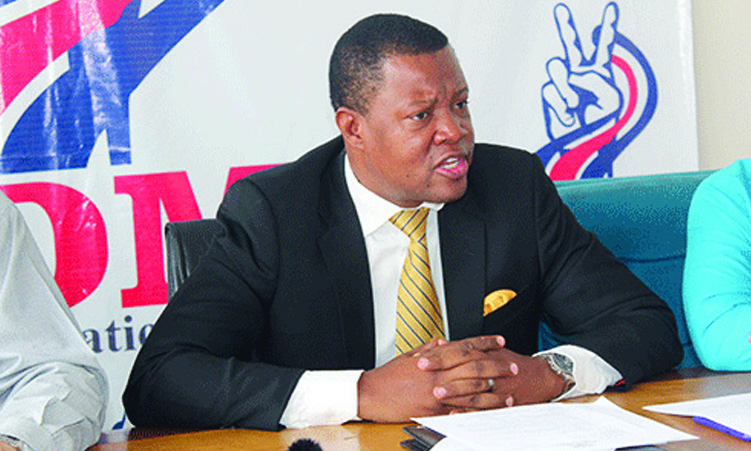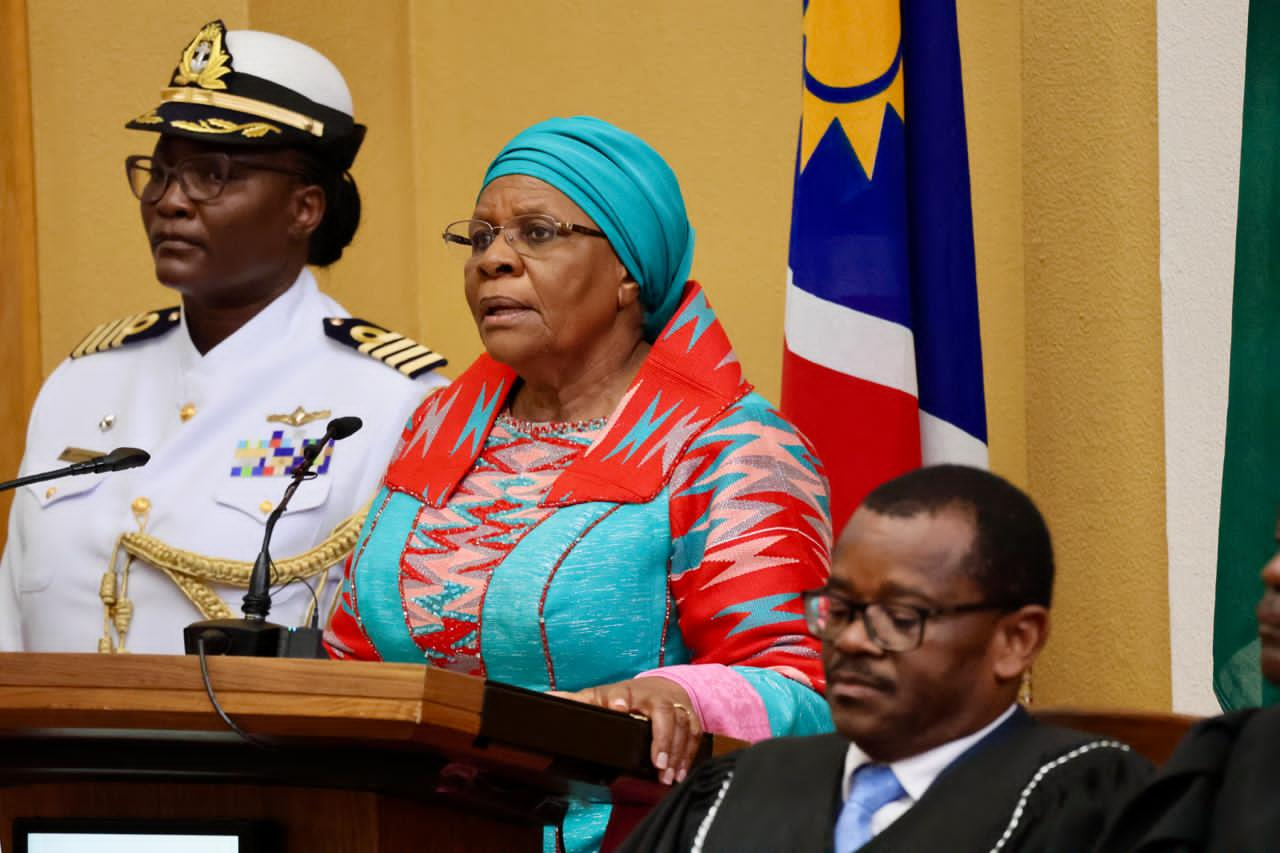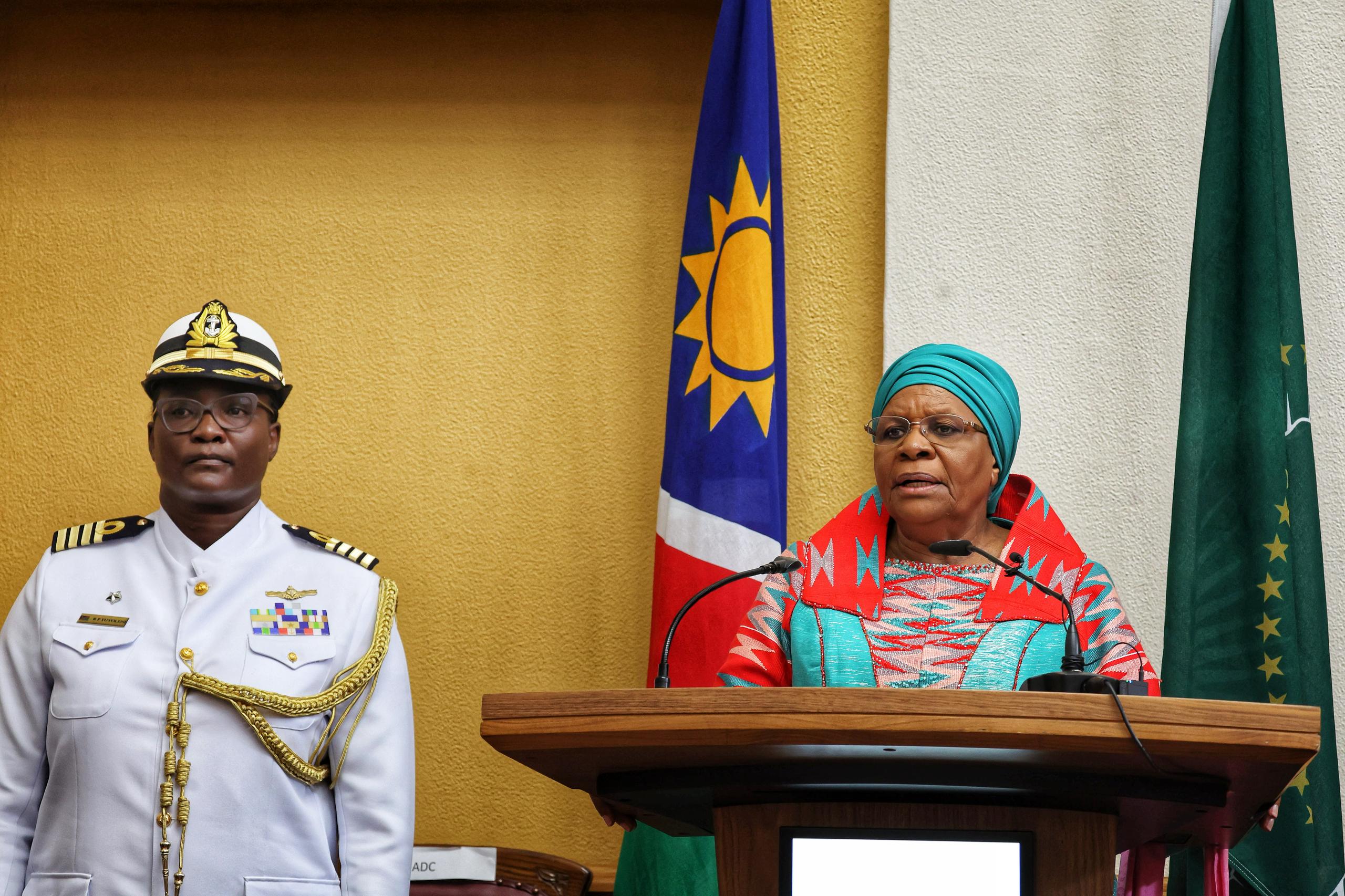Popular Democratic Movement president McHenry Venaani yesterday alleged that the renegotiations for the genocide reparations for the Nama-Herero genocide of 1904 to 1908 have concluded.
The official opposition leader has raised questions and concerns regarding the ongoing ‘closed-door’ negotiations between Namibia and Germany over reparations packages in the National Assembly.
Last year, the Namibian government told Namibians they will concede to calls to renegotiate with Germany on the reparations amount, its period and the affected communities in the diaspora.
“We are made to understand that last month a new round of negotiations around the genocide repatriation agreement took place between the Namibian and the German representative negotiation team,” he said.
Venaani’s questions were directed to international relations and cooperation minister Netumbo Nandi-Ndaitwah.
“If a reparations package is determined by political elites behind closed doors, it may fail to restore the trust that has been decimated by past wrongs. We are made to understand that, last month a new round of negotiations around the genocide reparation agreement took place between the Namibian and the Germany representative team,” he said.
Venaani questioned how the government plans to continue negotiations with German representatives after the agreement was rejected by the Namibian parliament.
“Is it true that an amount of N$20 billion has been added to the initial offer of €1,1 billion over 30 years?”
Venaani argued that the agreement fails to address the cross-generational damage suffered by the Ovaherero and Nama communities during 1904 to 1908 and asked about its impact on diaspora communities, like those in Botswana.
“That is exactly 17 years ago today. Why has the government deviated from Kuaima Riruako’s motivation which, among others, suggested that Germany commit to paying reparations to the communities whose lives and livelihoods were decisively interrupted and altered by the official decisions and conduct of the German Reich in Namibia?”
According to Venaani, the reparation agreement before was fundamentally flawed in numerous aspects.
“Firstly, while the agreement affirms the provision under the 1948 United Nations Convention on the prevention and punishment of the crime of genocide, it fails to deal with the consequences of such a violation of law,” he said.
He said this can only come in the form of proper and genuine reparations.
“How will the government make sure that the German government does not evade its responsibility under international law?”
Venaani said in the current reparation agreement, the German government uses the words “reconciliation and reconstruction” rather than “reparations”.
“This is because by accepting the word ‘reparations’, Germany would be expected to atone to the two affected communities at greater costs.
“Nandi-Ndaitwah has said she cannot say that Namibia and Germany are making progress in their genocide renegotiations, but promises it is not at a standstill,” he said.
Nandi-Ndaitwah said this last month while addressing the Forum for German-speaking Namibians at the Namibia University of Science and Technology.
“The negotiations and the consultation with the affected communities are going on,” she said.
Nandi-Ndaitwah said the Namibian genocide negotiating team will report to the Cabinet after the recent round of talks with the German government.
Stay informed with The Namibian – your source for credible journalism. Get in-depth reporting and opinions for
only N$85 a month. Invest in journalism, invest in democracy –
Subscribe Now!










